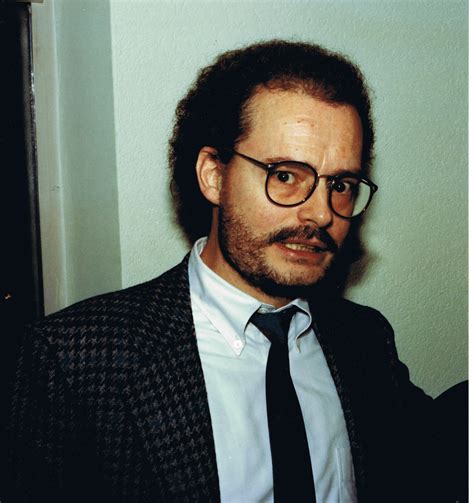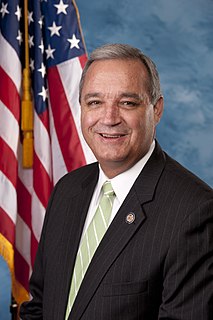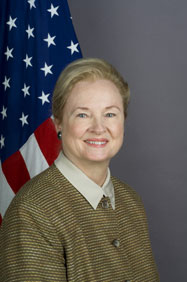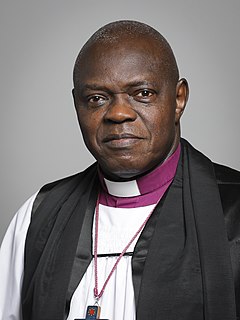A Quote by Dallin H. Oaks
There are certain indicia of marriage - certain legal and social consequences and certain legitimacy - which if given to some relationship other than marriage between a man and a woman tend to degrade if not destroy the institution that's been honored over so many thousands of years.
Related Quotes
Let's not forget that for thousands of years the institution of marriage has been between a man and a woman. Until quite recently, in a limited number of countries, there has been no such thing as a marriage between persons of the same gender. Suddenly we are faced with the claim that thousands of years of human experience should be set aside because we should not discriminate in relation to the institution of marriage. When that claim is made, the burden of proving that this step will not undo the wisdom and stability of millennia of experience lies on those who would make the change.
There are many options in a marriage. If the couple has been together for a certain amount of time and has a certain amount of liberalism or life experience, it could be the kind of relationship in which one partner ventures into the occasional affair, which is then forgiven. This only happens every 13 years on average, but it obviously does occur.
Marriage is a unified institution. Marriage means a committed, legally sanctioned relationship between a man and a woman. That's what it means. That's what it means in the revelations. That's what it means in the secular law. You cannot have that marriage coexisting institutionally with something else called same-gender marriage. It simply is a definitional impossibility.
I think it's very important that we protect marriage as an institution between a man and a woman. I proposed a constitutional amendment. The reason I did so was because I was worried that activist judges are actually defining the definition of marriage. And the surest way to protect marriage between a man and woman is to amend the Constitution.
I believe people ought to be treated fairly under the law. I see no reason why if the marriage contract conveys certain things that if you want to marry another woman that you can do that and have a contract. But the thing is is the religious connotation of marriage that has been going on for thousands of years, I still want to preserve that. And you probably could have both. You could have both traditional marriage, which I believe in. And then you could also have the neutrality of the law that allows people to have contracts with another.
People get married for a wide array of reasons and have all sorts of expectations of how marriage will change the relationship. And while it's true that turning the person you're dating into a legal partner does affect certain things, those who expect marriage to be a cure-all for all your relationship woes are sorely mistaken.
With many countries on the verge of redefining a basic social institution, What Is Marriage? issues an urgent call for full deliberation of what is at stake. The authors make a compelling secular case for marriage as a partnership between a man and a woman, whose special status is based on society's interest in the nurture and education of children.
Society may no longer define marriage in the only way marriage has ever been defined in the annals of recorded history. Many societies allowed polygamy, many allowed child marriages, some allowed marriage within families; but none, in thousands of years, defined marriage as the union of people of the same sex.

































